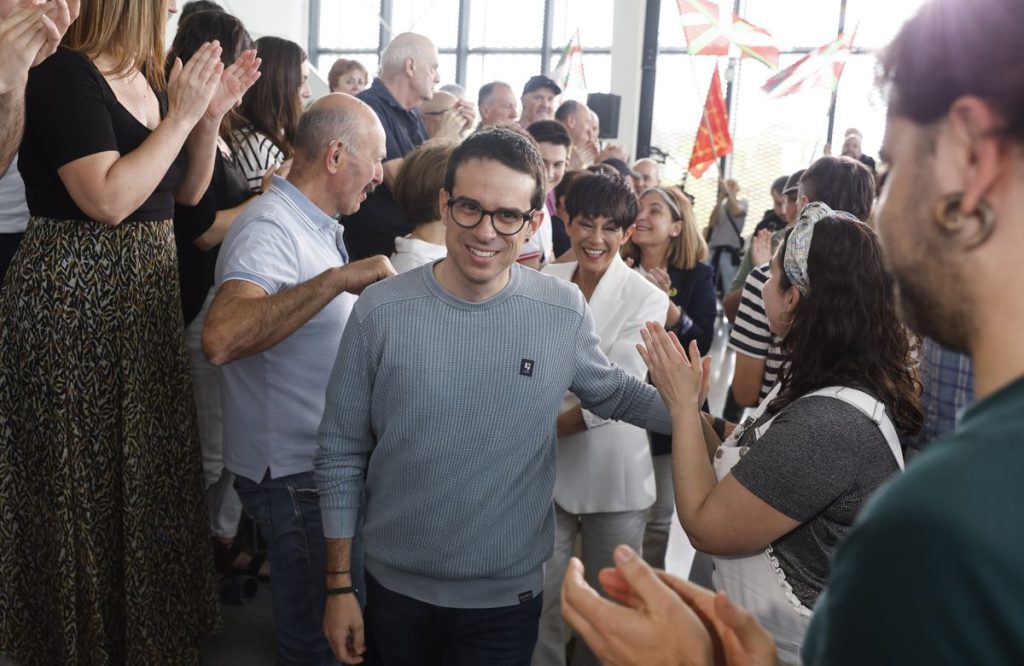Pello Otxandiano, the candidate of EH Bildu, has described ETA as both a “political cycle” and an “armed group” in an interview on Hora 25. He believes that defining what ETA was is not a “fundamental issue” as opinions on a terrorist group that killed 853 people can vary. Otxandiano questions whether we truly know what ETA meant to those 853 victims, as some were too young to even be aware of the group while others may not have understood their own existence. Calling things by their true names is a crucial step for humanity, but can be challenging for those who feel guilty about their past associations. Otxandiano’s stance raises the question of whether he is deliberately avoiding the truth about ETA’s terrorism or if he genuinely does not understand the gravity of the group’s actions.
The comparison between ETA and other armed groups, such as the GAL, raises further questions about how we label political violence. Otxandiano’s reluctance to use the term “terrorism” for ETA’s actions suggests a hesitance to face the harsh reality of the group’s crimes. By questioning what terrorism means in today’s world, Otxandiano is essentially dodging the issue, suggesting that discussing the past is irrelevant and that we should focus on the future instead. His dismissive attitude towards addressing ETA’s actions as terrorism implies a lack of accountability for the group’s atrocities and a desire to downplay their significance.
The interview with Otxandiano reveals a discomfort with discussing ETA’s violent history, especially during campaign season. His response of “what does it matter” when asked about ETA’s actions suggests a lack of remorse or acknowledgment of the harm caused by the group. By avoiding the topic or attempting to redefine it, Otxandiano eludes responsibility for addressing the past and its implications for the present. His reluctance to acknowledge ETA’s terrorism reflects a larger issue of how political violence is perceived and labeled in society.
Overall, Otxandiano’s evasiveness regarding ETA’s actions raises questions about accountability and responsibility in addressing political violence. By reframing the discussion and avoiding the use of terms like “terrorism,” he diminishes the impact of ETA’s crimes and fails to acknowledge the suffering inflicted on victims and their families. His attempts to sidestep the issue may be seen as a way to avoid confronting uncomfortable truths and facing the reality of ETA’s violent past. In order to move forward and heal from the wounds of the past, it is essential to acknowledge the truth and hold those responsible for terrorism to account.


